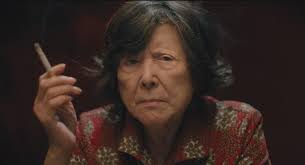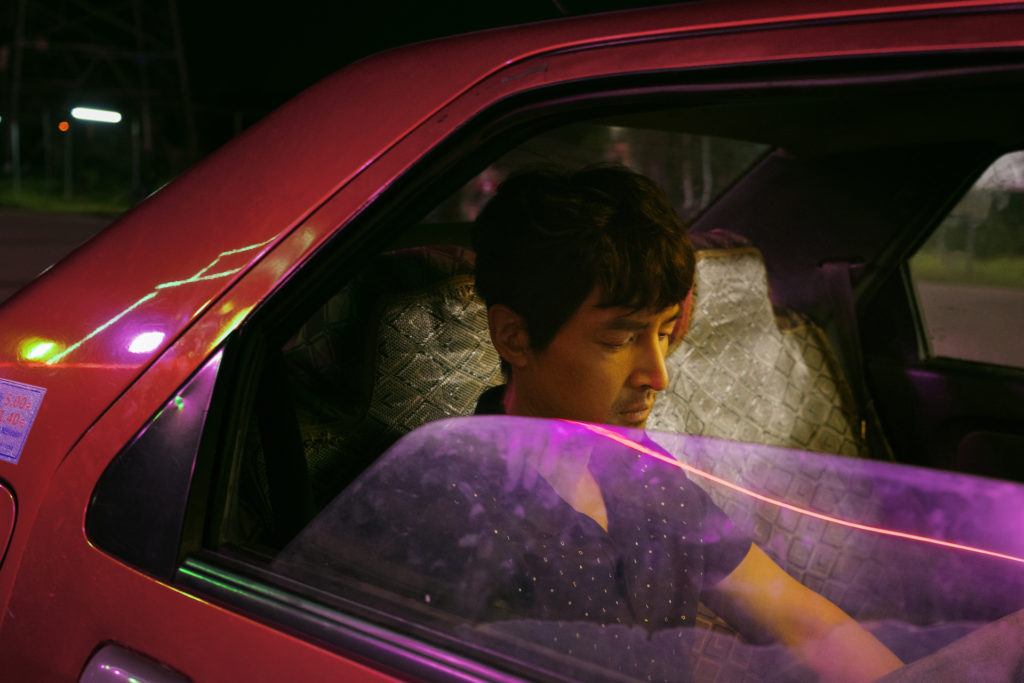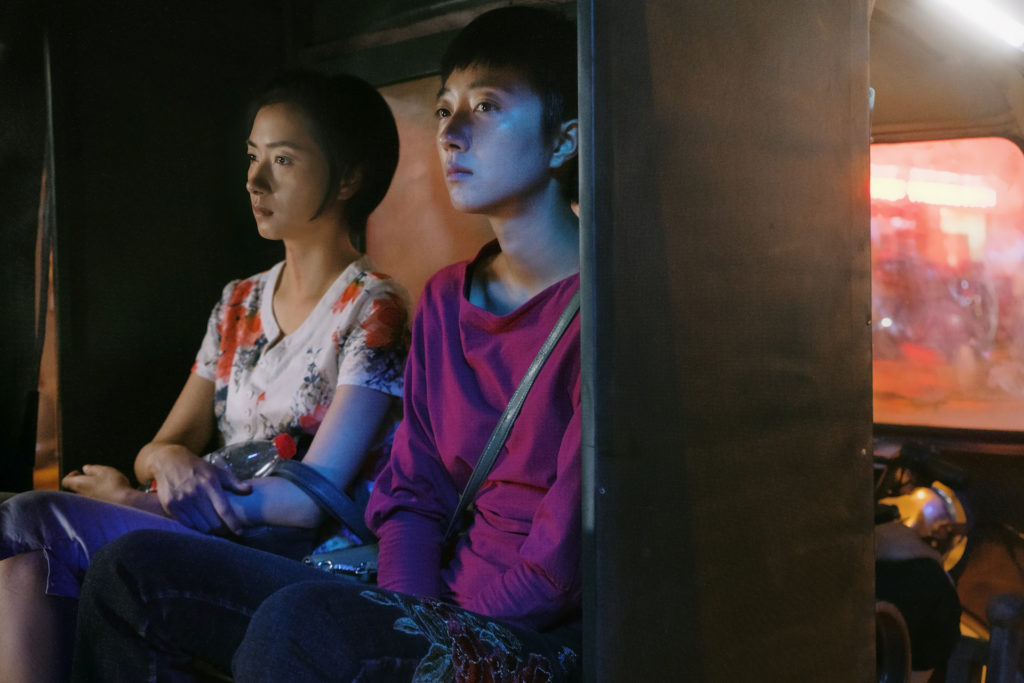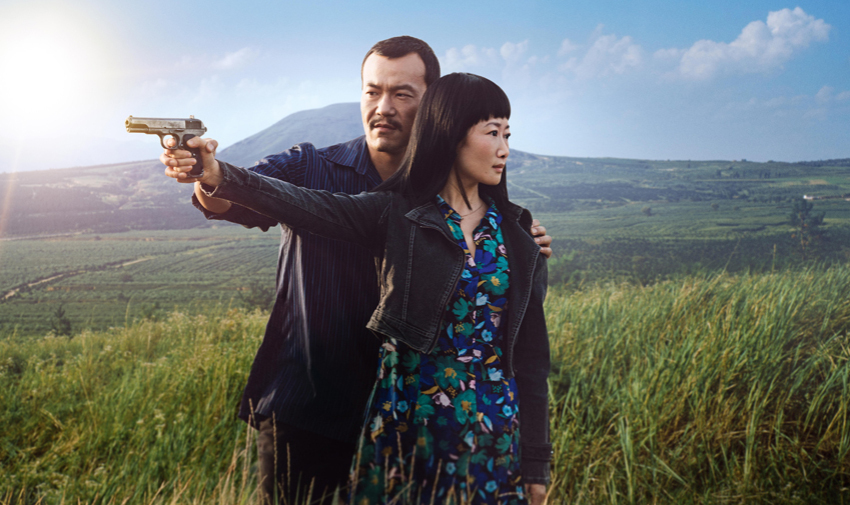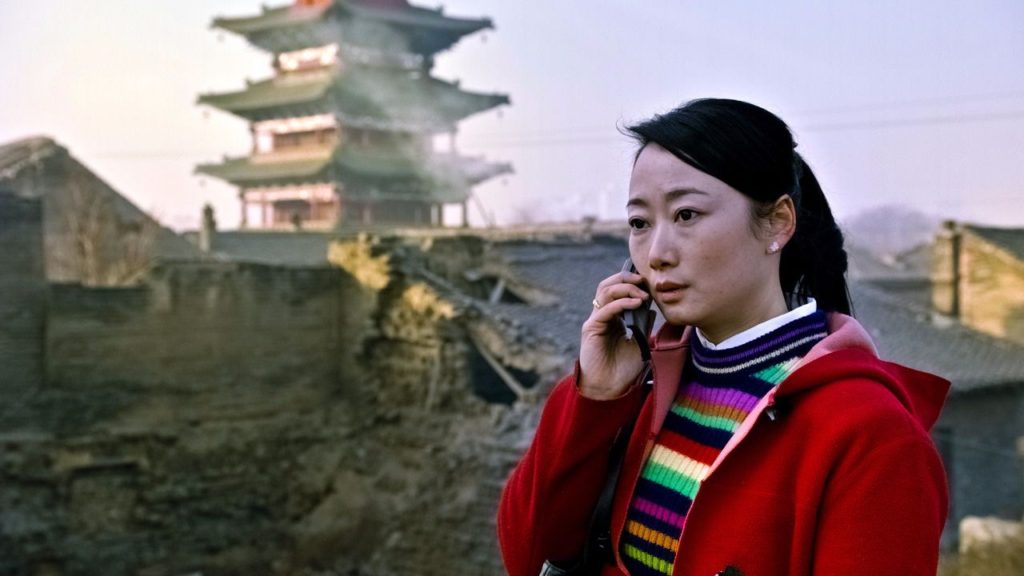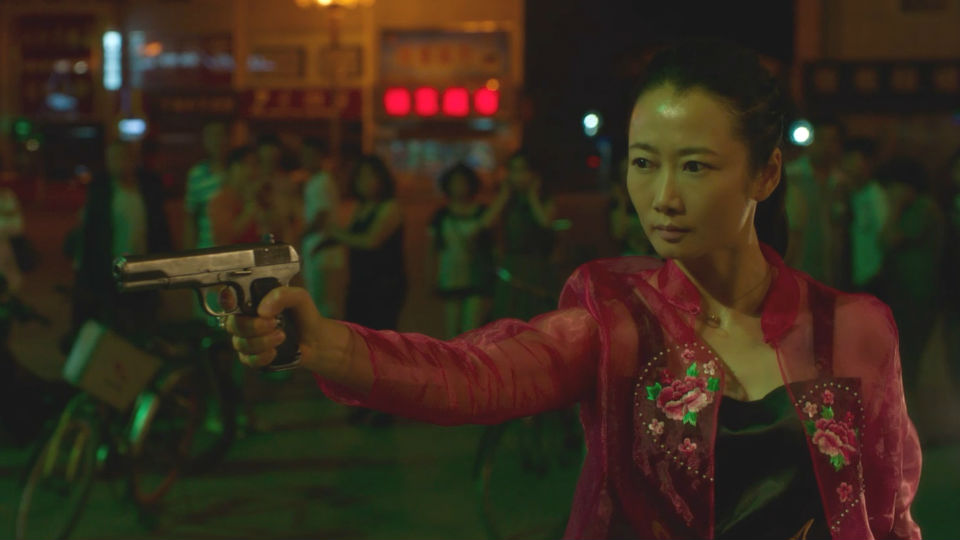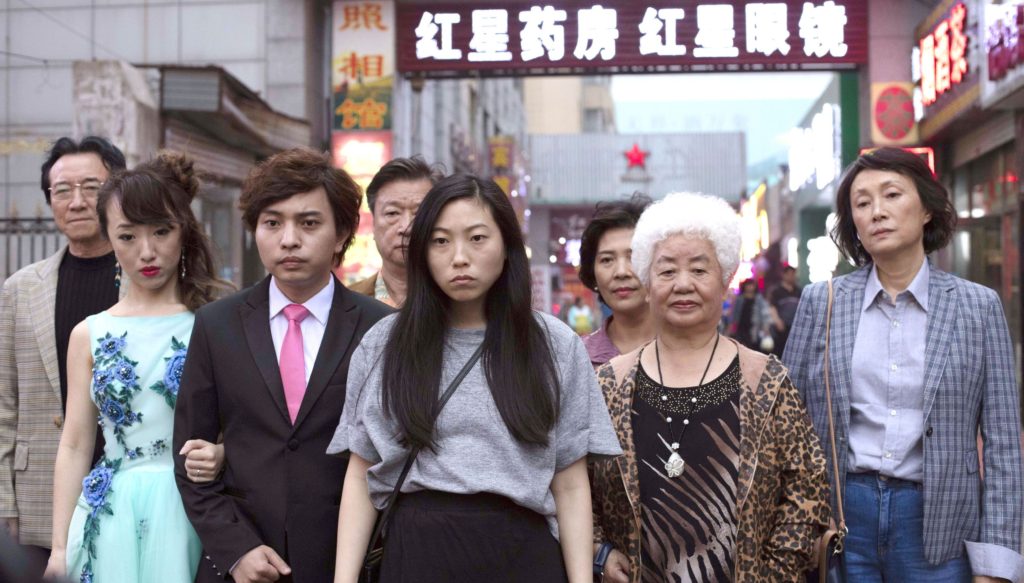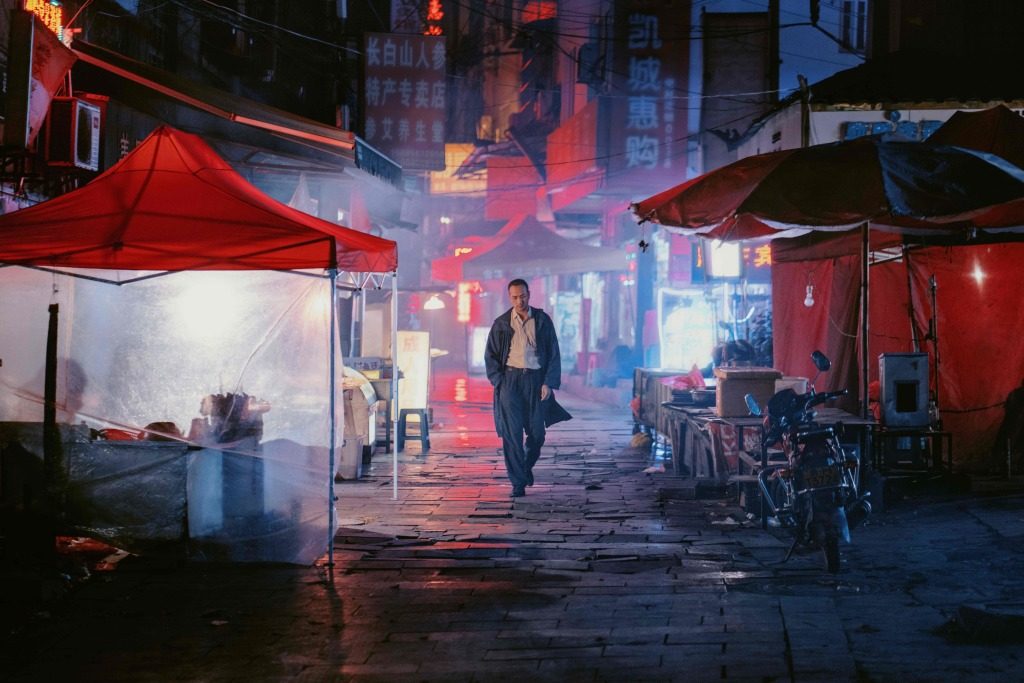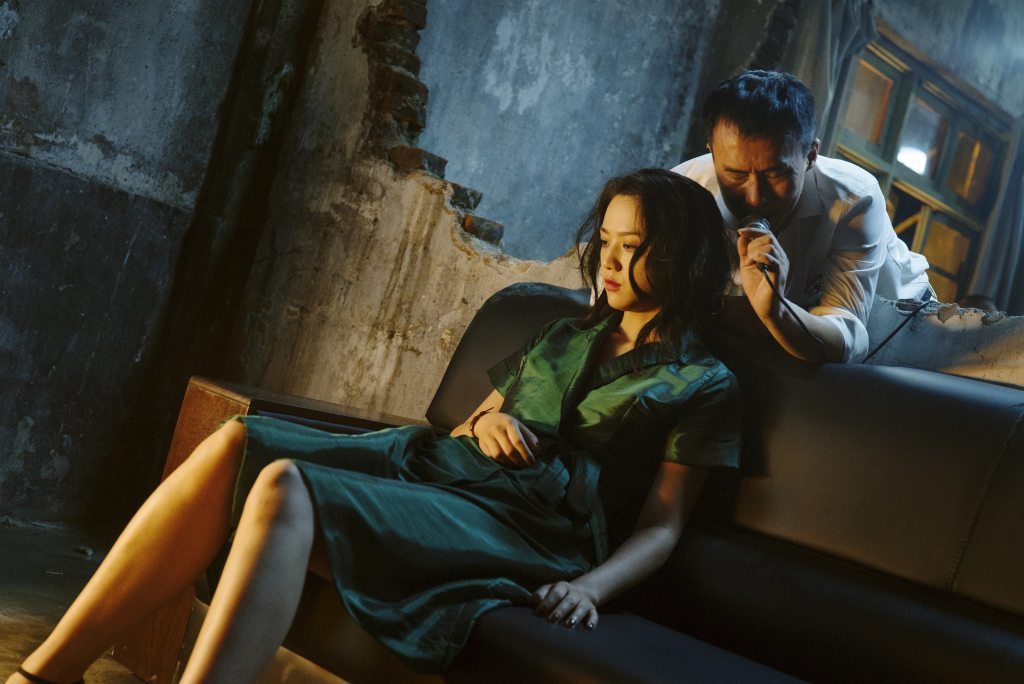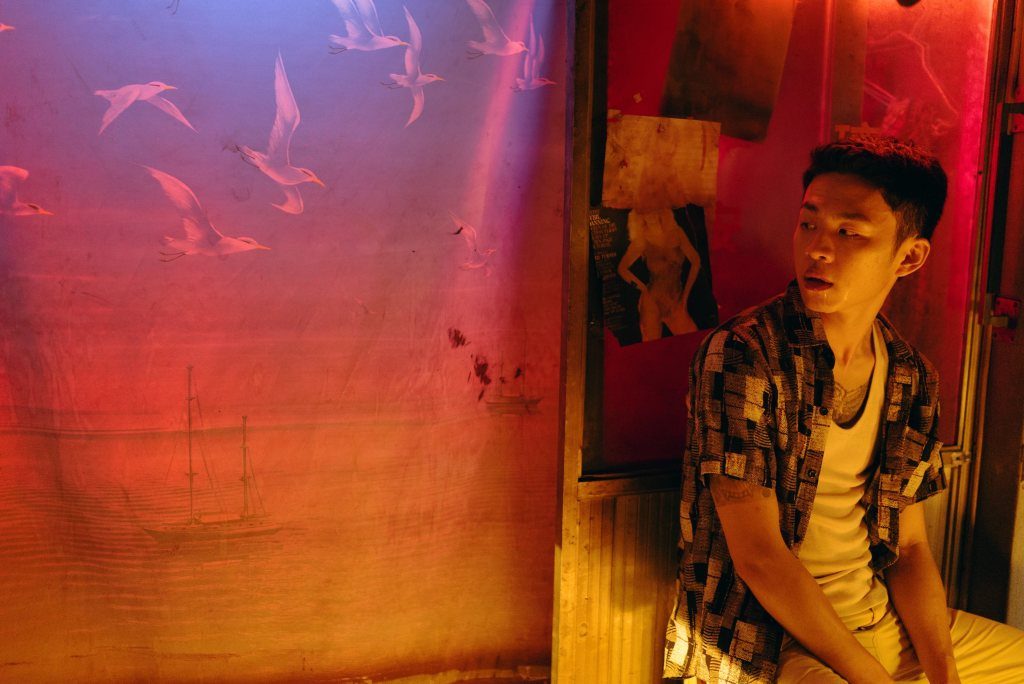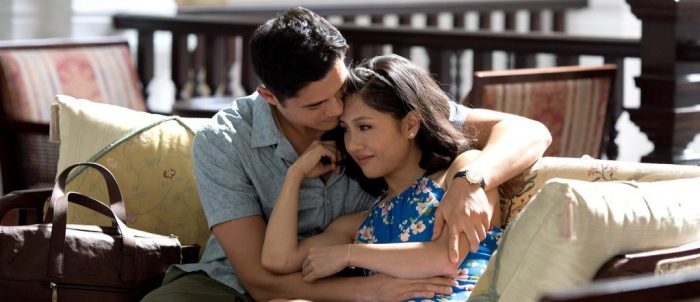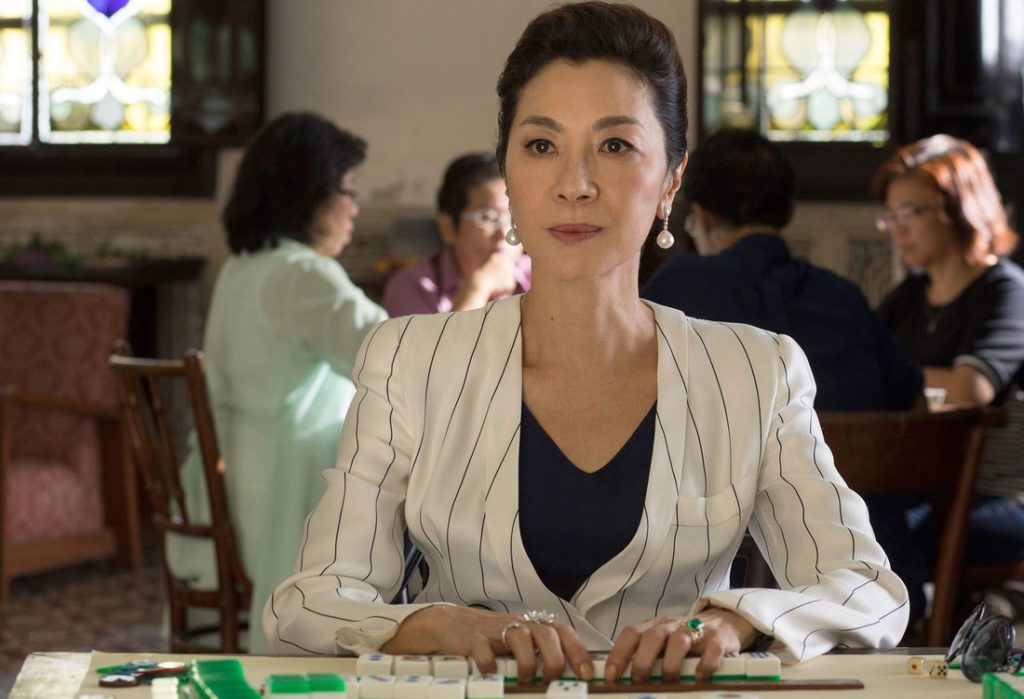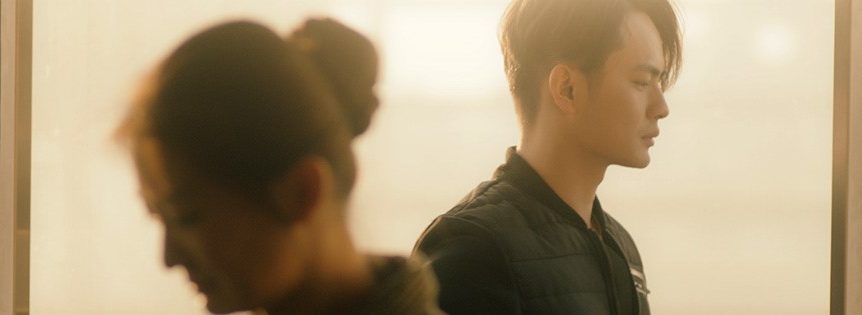
In the gripping Chinese sci-fi thriller Last Sunrise, we’re in a super-hi tech future, powered almost totally by solar energy – which doesn’t look as blissful as it sounds. As befits a dystopian story, there’s a disaster, and this one is just about the worst one conceivable – the death of our Sun.
Wang Sun (Zhang Jue) is very serious astronomy nerd with no apparent non-scientific interests. He doesn’t really know Wu Chen (Zhang Yue), although she lives in a neighboring apartment, and it doesn’t appear that she’s ever thought about anything profound. When the catastrophe happens, the two are forced on the road together in a race for their lives.
Last Sunrise is real science fiction about a plausible (and inevitable) future occurrence, and it’s about real ideas. This isn’t just blowing stuff up in space, which too often passes for sci-fi today.
Losing the sun is pretty bad – it gets dark, the temperature is plunging and humans are running out of oxygen. There may be refuges, but there’s little remaining battery power to fuel people’s escapes. Of course, it doesn’t take long for social order to break down. Last Sunrise becomes a ticking bomb thriller as the couple tries to find a refuge in time.
Of course, with no sun lighting the earth and moon, it is very dark and many more stars are visible. The f/x of the starry skies in Last Sunrise are glorious.
The two leads are appealing, especially Zhang Yue, whose Wu Chen is revealed more and more as film goes on.
The life-and-death thriller is leavened by witty comments on the consumerist, hyper connected culture (pre-disaster). There are very funny ongoing references to instant noodles. And Wang Sun, who is a bit of a hermit, doesn’t appreciate how devoted he is to his digital assistant ILSA (not Ilsa, She Wolf of the SS, just ILSA).
This is the first feature, an impressive debut, for director and co-writer Wen Ren. Cinequest hosted the North American premiere of Last Sunrise, the sci-fi highlight of the festival and is streaming Small Time in CINEJOY through October 14.

